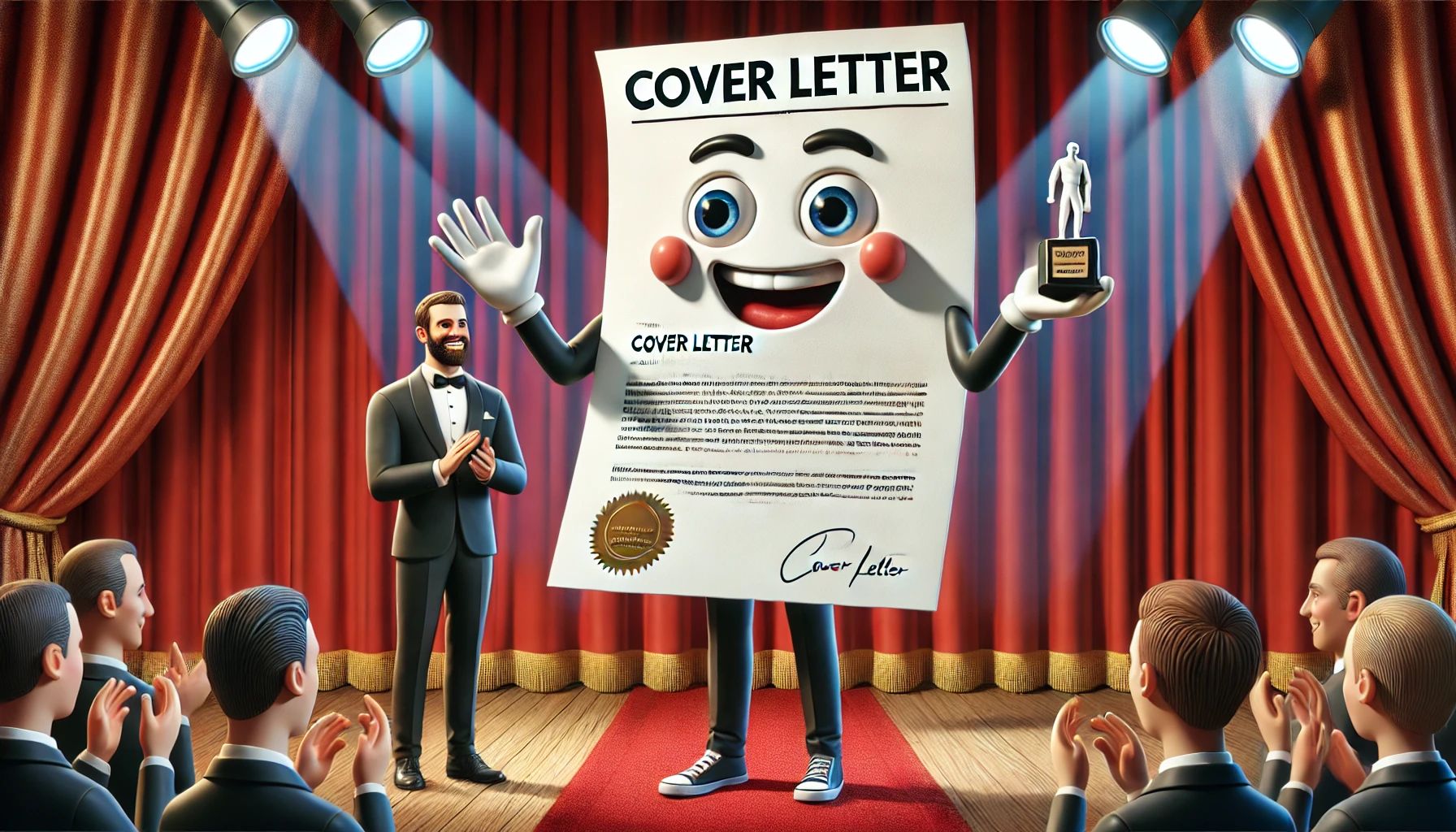
Using a “One Size Fits All” Resume Writing Strategy
Your resume is not like a Halloween costume or a stretchy t-shirt. A one-size-fits-all resume that consistently results in interviews simply does not exist. Resume writing that is going to be effective should be targeted for the goal. At the very least, the resume should have a theme and direction with which your reader can identify. Most people think of the general resume without considering their reader. What if your resume is #55 out of 80 for review? If that hiring manager has to wade through tons of content that mean nothing to them to find what does, you have already lost the battle. Good resume writing entails hitting your reader with high value content inside of 10 seconds. Believe it or not, that is all the time you have to impress. If your job search is going to be broad, then you will need to develop a resume for each category. I know, I know, it sounds like a hassle. But so is a prolonged job search when your bills are piling up. Integrate targeted resume development and you will have a better chance for success.
Focusing Too Little on Non-Conventional Resume Variables
As resume writers, we communicate with clients all the time that believe that if they have the content, 90% of the work is already done. I am here to tell you, that could not be farther from the truth. As with any communications, what determines its success and comprehension by the recipient is not what you say, but how you say it. Effective resume writing not only focuses on the concepts, but visual layout, phraseology, font choice, spacing and design. Consider resume writing as print marketing for the job seeker. Look at the effort advertisers go to in order to frame their a message so that you will purchase their product. If the content was all that mattered, all commercials would simply say “buy this product” and that would be the extent of the message. But as we know, with most major corporations, the largest portion of their budget is advertising. They understand that an effective message is to be framed properly to facilitate action. Good resume writing is no different. Framing your conversation for the reader that we know has a particular mindset is key to getting them to call you for an interview. If you are preparing a resume without this in mind, then you will have poor results. Take care to frame your qualifications so that you “make the sale” to that hiring authority.
Relying on Soft Skills to Impress
Now, we delve a little bit into some of that content. As resume writers, we review the resumes of potential clients all the time. A very common error that we see involves the overemphasis on soft skills. Soft skill examples include concepts such as communication skills, the ability to work with teams, and claims to be a fast learner. While all of these qualities are valuable to have as an employee, they don’t mean much if the hiring manager is not convinced you have the core skill set for the position. Quality resume writing means building that good foundational floor of hard and differentiating skill set that distinguishes you from others. And when I mean “distinguishing”, I mean documentable support of skills you possess that others do not. For example, just saying that you have good communication skills doesn’t mean anything because everyone claims to have this. However, not everyone can claim skills in structuring corporate mergers or developing strategic marketing plans. Think of the hard skills as a building’s foundation and framing, while the soft skills might be its walls and windows. Without the building’s framework, the walls and windows have no value. Keep that resume focused on the hard skills that are triggers for your reader.
Excessive Use of Superlative Descriptors
While some experience difficulty with tooting their own horn, there are some that have absolutely no problem claiming to be the best at everything. When it comes to your resume, the issue with that is believably. Now, I am NOT talking about supportable highlights, accomplishments and achievements. I am referring to resumes packed with baseless claims of superiority. There is “tooting one’s horn”, and then there is blowing a trombone directly into someone’s ear. Your reader wants to know first and foremost whether or not you meet the qualifications. While your resume should not come across as robotic, it should not come across as over-compensation for a lack of skills either. Back off of the superlatives a bit and stay on message with regard to how you can help resolve their issues.
Insufficient Keyword Research
The inexperience of someone writing their own resume usually shows up in this area. Some still think of the resume process as though it were the 20th century. Well, I am here to tell you that your word selection is HUGE when it comes to the success of your resume. You do not only have human eyeballs to consider. In the digital age, what you need to consider is how databases see and grade your resume in determining your ability to meet the criteria for the position. Recruiters and hiring managers heavily depend upon applicant tracking systems (ATS) to manage the deluge of resumes they receive on a daily basis. No matter how qualified you may be, if your resume and supporting documents are not recognizable by the database, you lose out. These databases screen your resume for certain words and phrases that it recognizes as being associated with your ability to do the job. Accurate and thorough research in this area is vital. Without it, you run the risk of being eliminated from the process at the very beginning.










